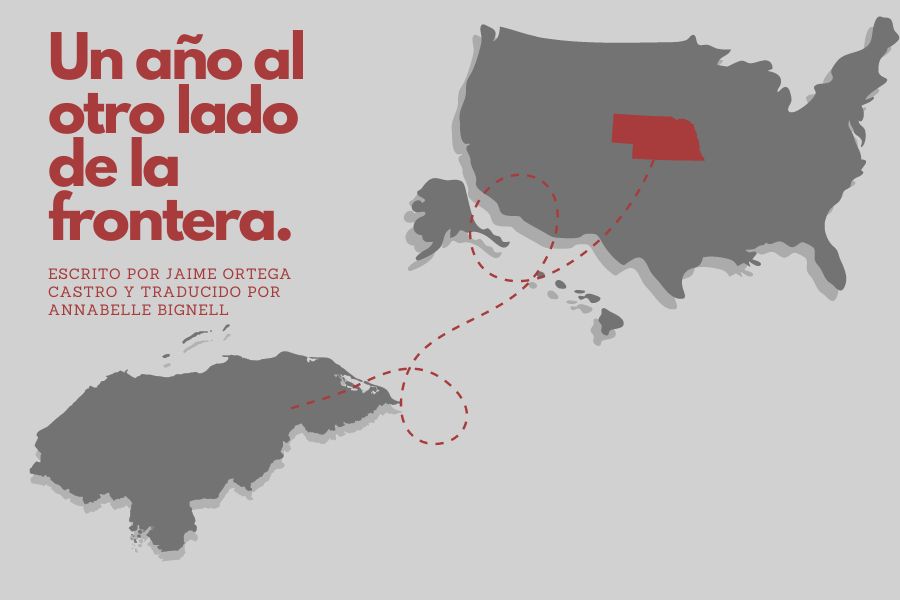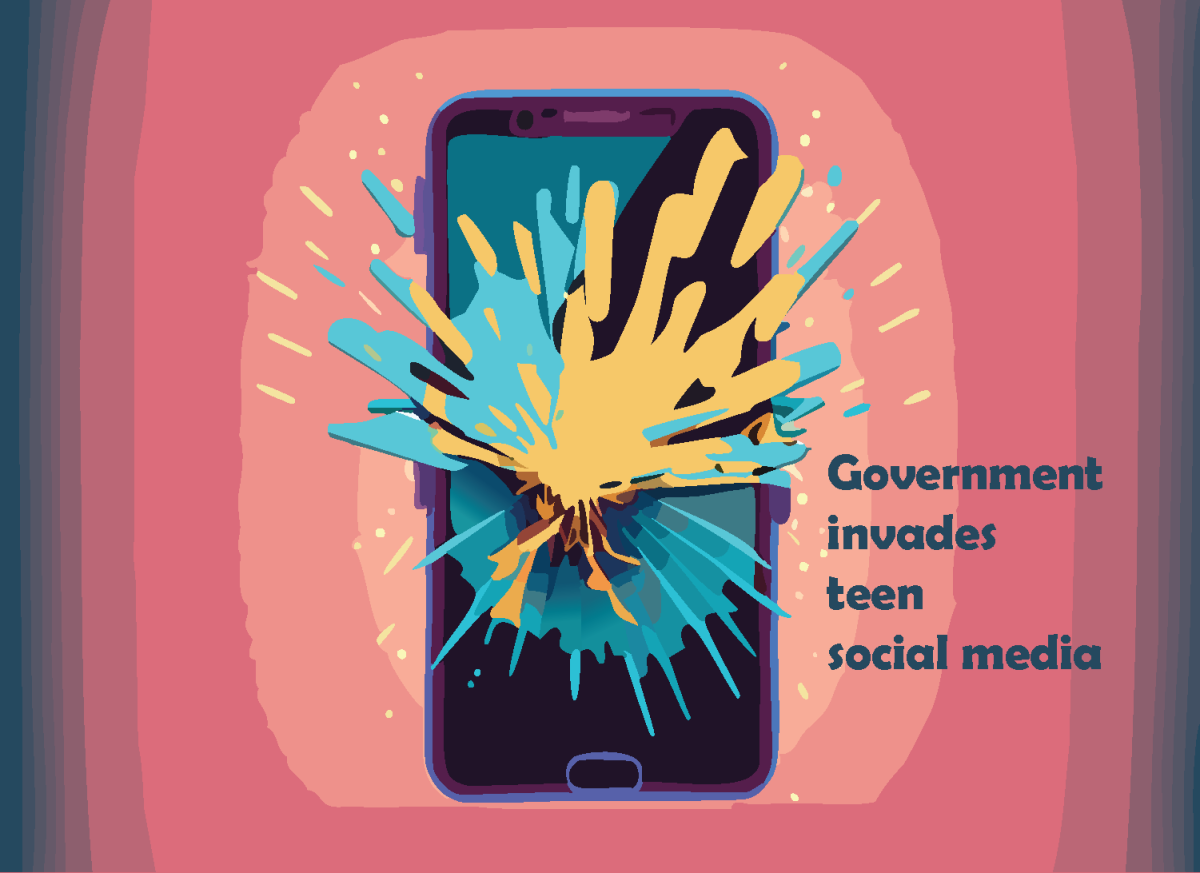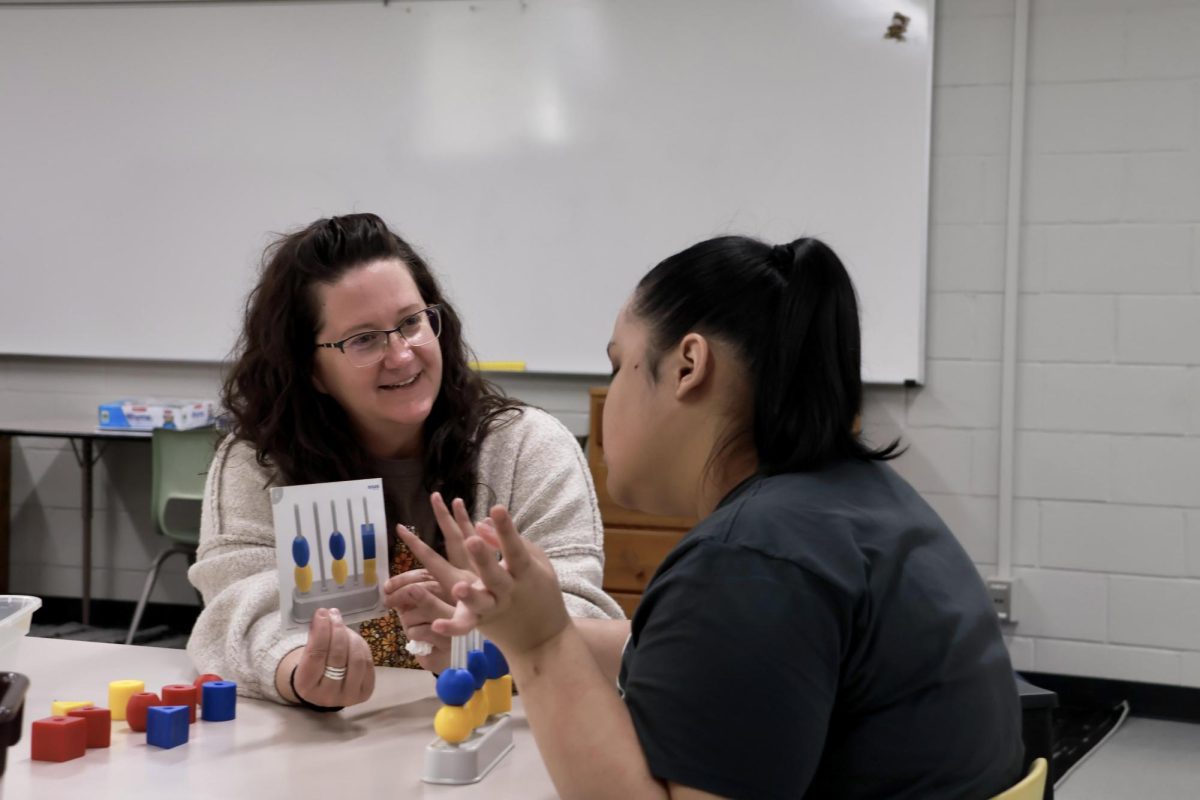Most teenagers do not pay any attention to bills and laws being created for them. Some current policies on the floor might impact teenagers in various parts of the country.
Senator Brian Schatz of Hawaii, Tom Cotton of Arkansas, Chris Murphy of Connecticut, and Katie Britt of Alaska, has recently backed a new bill called, “Protecting Kids on Social Media Act,” which would require an age limit to be set on many social media apps. This bill only allows kids 13+ on social media and teenagers between the ages of 13-17 needing parental consent to use social media.

Laws in Utah would allow parent access to their teenagers’ private online messages, no matter who may pay for the electronic service. Since this could lead to dangerous situations for teens who suffer from domestic abuse this has raised concerns for teenagers online concerning home safety.
On the other end of the spectrum social media has also helped domestic violence victims by being a resource to victims and receiving advice from those who have also experienced domestic abuse. Professionals who are equipped to help victims have also used social media to help those in need.
Still, parents have raised concerns about their teens’ online activity. According to the Consumer News and Business Channel (CNBC), parents have reported feeling overwhelmed and unsure of how to keep their teens safe online. Social media apps teenagers use can be confusing for parents to navigate.
The CNBC also says, “In addition to parental consent to use social media, the bill requires such companies to ‘take reasonable steps beyond merely requiring attestation’ to verify users’ ages.”
What these “reasonable steps” are is highly debated. One solution would be to upgrade or make a new age verification system. The commerce department has searched for new ways to make the system more efficient, by using electronic documents of adults and their correlation to minors, which would not allow teenagers to make accounts under their own name.
Though the verification system would be hard to achieve without government official documents, which raises concerns about the privacy of U.S. citizens. According to CNBC, Netchoice, a tech industry group, released a statement that said it, “would require massive, widespread data collection and retention, undermining Americans’ privacy and security. It would also deprive parents of their constitutional right to make decisions about what’s best for their kids online.”
Another California law, AB 2273, is aimed to help protect children and teenagers’ privacy online and their data. California Governor Gavin Newsom said, “We’re taking aggressive action in California to protect the health and wellbeing of our kids. It upholds social media platforms to have easy access to resources and any information, terms of services, and community guidelines that the platform might entail, for each child-user.” AB 2273 will hold social media companies accountable for their platform and helping the children that use it.
Even though not all is solved when it comes to the problems of online safety in teenagers and children. There are still many concerning mental health, wellbeing, and social problems that are presently concerning about social media, these initiatives gives many parents hope for safer online platforms for their children.
























